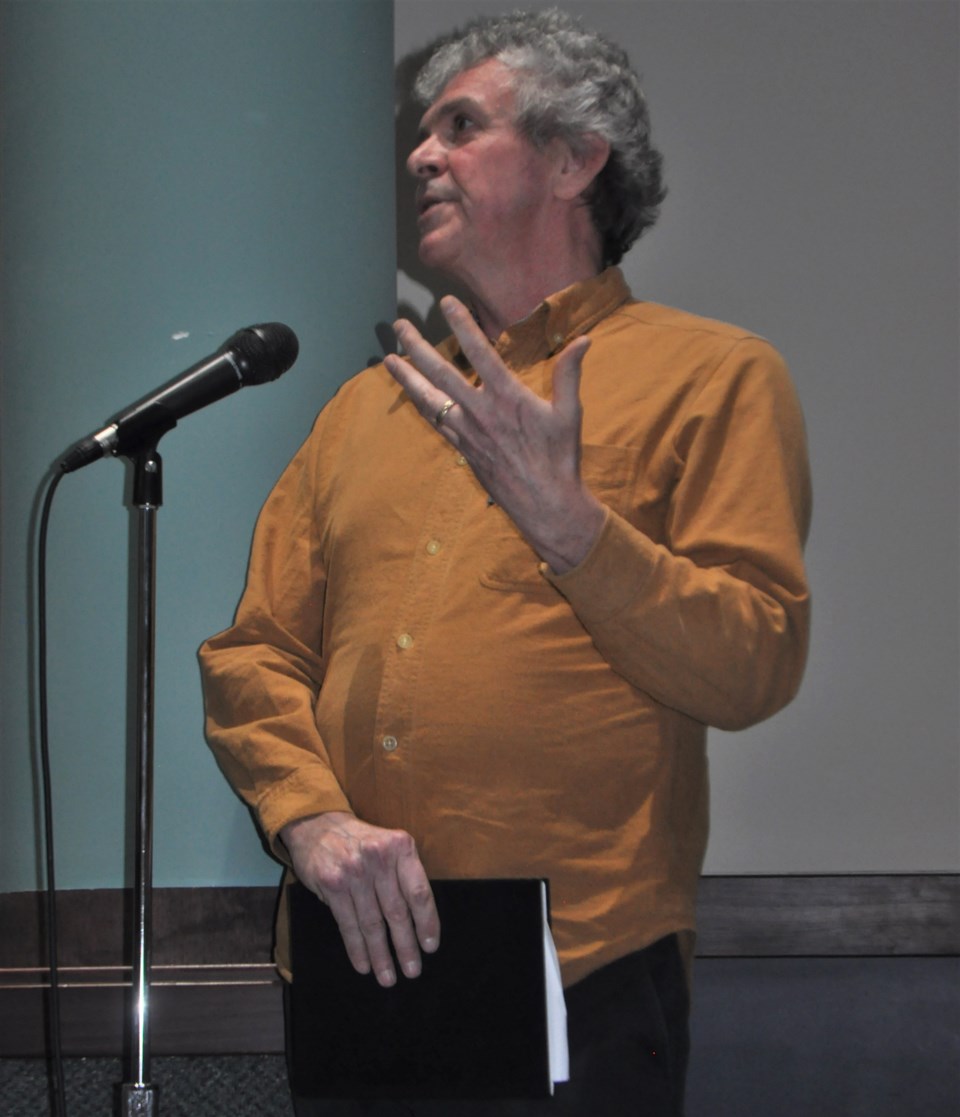OrilliaMatters welcomes letters to the editor. Please submit your letter to [email protected]
********************
In reading The Globe and Mail opinion piece by Gary Mason, The moral choice Canadian doctors may face: who lives, who dies, it brought home to me that we need to think about this circumstance here in Orillia, and in our congregation.
Since most of us fall in the demographic category of those who might lose a ventilator if a younger person needed it, I thought we should think out loud about this possibility and how we’d respond.
Mason describes the ethical protocol being used in northern Italy, where doctors are having to make this call, and how it is being considered by Nanaimo-based doctor Michael Kenyon if that choice needed to be made there.
I thought of my 78-year-old friend Thomas, living on Gabriolia Island, near Nanaimo, who has compromised lungs, and how I would respond if he were in this circumstance.
Then I imagined a response if it were a member of our congregation facing this reality in Orillia. With so much uncertainty about how this pandemic is going to play out, this may come to be.
I’m hoping that the doctors at Soldiers' Memorial Hospital in Orillia are processing this kind of ethical dilemma and that they have medical ethicists to help them. It seems essential that the weight of these decisions is not solely placed on our physicians for their benefit and ours.
Having worked as a social ethicist I know how complex these kinds of decisions can be. Having a predetermined set of considerations to work through doesn’t make the decision easier, but it does ensure fairness and transparency.
From our perspective as family, friends, fellow congregants, how do we walk with the person facing the hardship of not having a ventilator? Do we rally to the person’s defence and use all our power to change the decision in favour of our loved one? Do we resign ourselves to the fact that this person has lost out and work to ensure we are not next?
The list goes on as we process our thoughts and feelings related to this painful circumstance. The point here is not to ignore what is going on inside us but to recognize it as an inevitable response to this hard time. We can acknowledge this rush of emotion as real but also choose to move to our better selves.
What our loved one needs is for us to be present to him or her in an honest, open way. Yes, it is unfair, anger provoking, overwhelmingly sad, and so on. It is all these responses, but it is also a time to be with this person as they face the possibility of death.
Say the things that need to be said. Laugh at fun memories if possible. Rejoice in the gift of life with all its ups and downs. Express gratitude and heartfelt thoughts.
As a faith community, or as neighbours, it is our role to offer as much direct support as possible and to be attentive to the long term needs of those close to the sick or dying person.
We can anticipate how they will feel and do our best to be a good listening ear. We can make sure they’ve got the basics of life so they can attend to their grieving. We can offer our prayers, whatever that means to people today, inviting the Spirit of Goodness to be a comforting presence to us all.
If death comes, we can organize “celebrations of life” so that the grieving know there are others who share in their memories and loss. We mistakenly think this is a burden these days and miss out on these times’ life passages. (We’ll have to be creative these days with our social isolating in place but we can plan around this.)
While the circumstances of this pandemic are causing great uncertainty, fear, and the need to consider hard ethical choices, the response of us towards each other does not change.
We need each other and we need to respond in the most caring and compassionate ways we can muster. As we say again and again in our worship services, we give thanks for the gift of life, however it unfolds and ends, and for the gift of being loved and sharing love.
This is how we face these uncertain times together.
Dr. Ted Reeve (St. Paul's)
Orillia
********************



